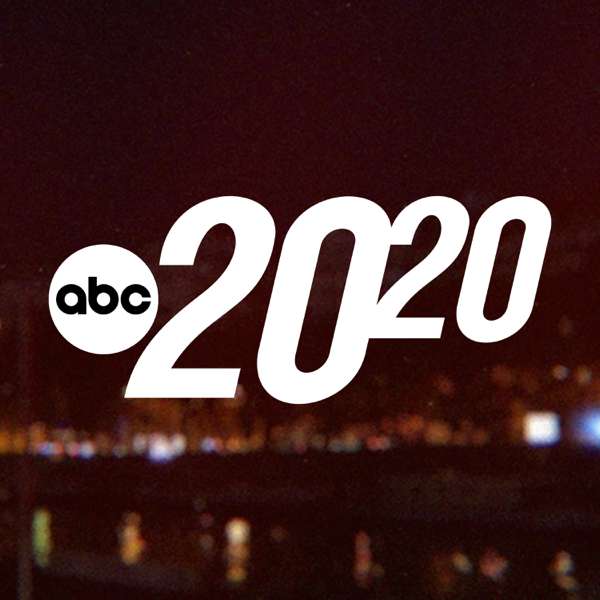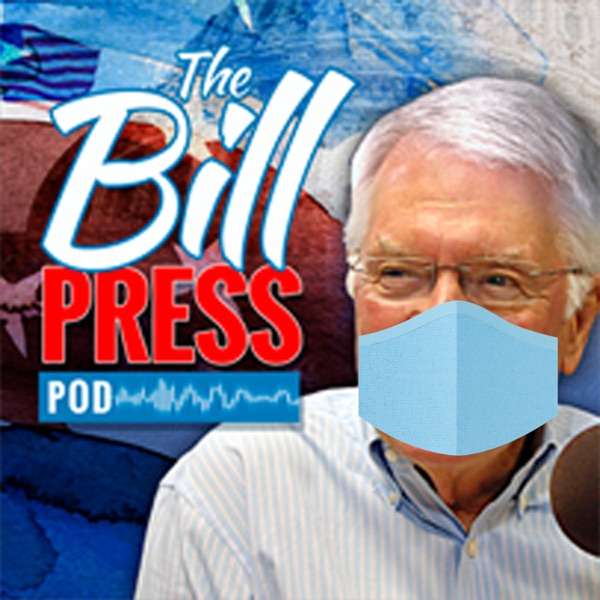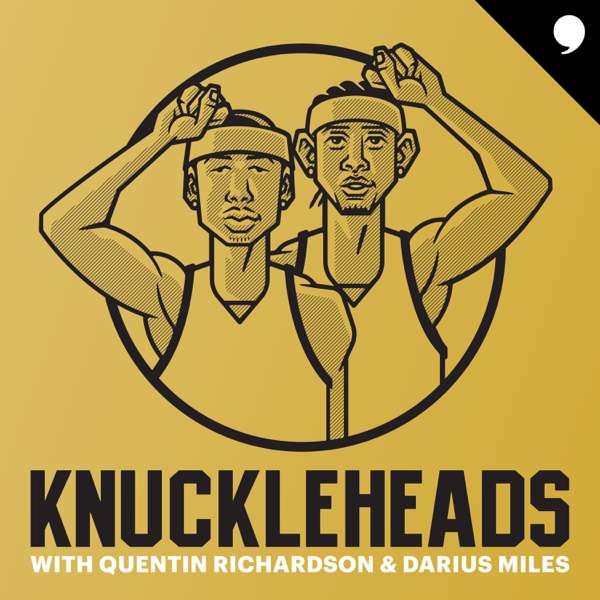Three things I learned or was reminded of on my first American vacation in more than 15 years. First thing I learned: America is clearly in crisis but not yet at crisis point.
I watched television news just once - for a very few minutes. It is hysterical, condescending to its viewers and in the way it contextualizes reporting - frequently wrong. Some other podcast I will back that assertion … the history of how TV news got that way requires several essays … but trust me on this, the presentational style so overwhelms the factual content, that Americans - even the most intelligent - are operating in a news vacuum.
Much of the crisis in which American society is immersed, and which has been building for decades, has been framed by a news media that doesn’t inform but survives commercially by creating this hysteria as well as outrage … It was inevitable that an hysterical and outrageous person would legitimately gain political power democratically in my native land.
Second thing I learned: In a tweet the Crimson, Harvard's student newspaper, acknowledged, “We made a mistake: 30.3% of surveyed Harvard freshmen are legacies, not 41.8%.” It being Harvard, I’m sure the irony in the sentence, “We made a Mistake” was intentional.
very nearly a third of the students who are beginning their Harvard educations this year were admitted because a relative went to Harvard. Why does this matter? Well, for one reason, as the Crimson noted, nearly half of those legacies came from families with average incomes of more than $500 thousand a year. Another 23% came from families earning a quarter of a million to 499 thousand dollars, only 4% of legacy families were on incomes under 80 grand.
The situation at Harvard is one of the best pieces of anecdotal evidence of just how calcified America’s class system has become.
And a lot of the feelings expressed in polls about the American dream disintegrating proceeds from that calcification.
Third things I learned about, "Sex at Wesleyan, what’s changed, what hasn’t," That was the headline on an op-ed at the New York Times. "“Adults may make fun of trigger warnings, but most kids support them because they’re about extending a hand to others, undergirding an ethic of caring and decency. Calling out “micro-aggressions” among classmates and policing tone on social media appeal to them in much the same way ... Political radicalism at college is now more vocation than avocation, and anyone who displays a trace of racism, misogyny or sexual predation is suspect.”
This made me remember something I read 37 years ago at the times.
Here are links to all the things I learned on vacation:
http://features.thecrimson.com/2017/freshman-survey/makeup/
https://www.nytimes.com/2017/08/25/style/wesleyan-sex-rules.html
http://query.nytimes.com/mem/archive-free/pdf?res=9901EFDB1E3BE732A25752C0A96F9C94619FD6CF

 Our TOPPODCAST Picks
Our TOPPODCAST Picks  Stay Connected
Stay Connected






